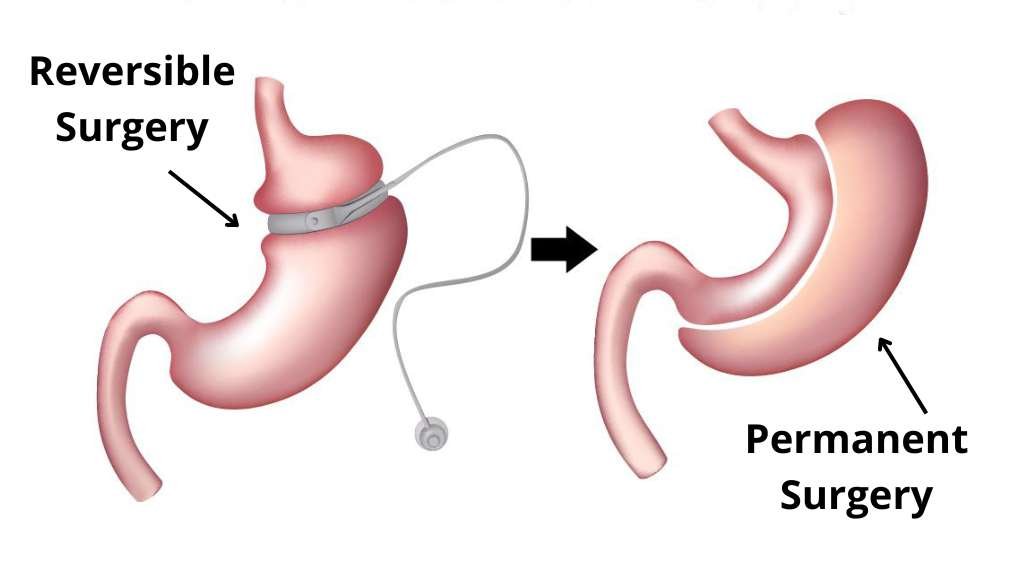Obesity is a medical condition characterized by an excessive amount of body fat that can negatively impact health. It is a complex disease with multiple contributing factors, including genetics, behavior, and the environment. The severity of obesity is often classified into different stages based on Body Mass Index (BMI), with Stage 3 obesity being the most severe. In this article, we will explore what Stage 3 obesity is, its symptoms, associated health risks, and treatment options.
Understanding BMI and Obesity Stages
Body Mass Index (BMI) is a measure used to classify individuals based on their body weight relative to their height. It is calculated by dividing a person’s weight in kilograms by the square of their height in meters. The World Health Organization (WHO) defines obesity in three stages:
- Stage 1 Obesity (Class 1): BMI of 30.0 to 34.9
- Stage 2 Obesity (Class 2): BMI of 35.0 to 39.9
- Stage 3 Obesity (Class 3): BMI of 40.0 or higher
Stage 3 obesity, also known as severe or morbid obesity, is the most critical form and poses the greatest health risks.
Symptoms of Stage 3 Obesity
Individuals with Stage 3 obesity typically experience a range of symptoms that can significantly affect their quality of life. These symptoms include:
Difficulty Breathing:
Excess weight can put pressure on the lungs and diaphragm, leading to shortness of breath and respiratory issues.
Joint Pain
Carrying extra weight strains the joints, particularly the knees, hips, and lower back, causing pain and discomfort.
Limited Mobility
The physical burden of severe obesity can make movement and physical activity challenging, leading to a sedentary lifestyle.
Fatigue
Increased body weight can lead to chronic fatigue, as the body has to work harder to perform everyday tasks.
Skin Problems
Excess skin folds can result in rashes, infections, and other skin conditions.
Sleep Apnea
Many individuals with Stage 3 obesity suffer from obstructive sleep apnea, a condition where breathing repeatedly stops and starts during sleep.
Health Risks Associated with Stage 3 Obesity
Stage 3 obesity is associated with numerous serious health conditions. The risk of developing these conditions increases significantly with the severity of obesity. Some of the most common health risks include:
Type 2 Diabetes
High body fat can lead to insulin resistance, which increases the risk of developing type 2 diabetes.
Heart Disease
Obesity is a major risk factor for cardiovascular diseases, including heart attacks, strokes, and hypertension.
Certain Cancers
There is a higher risk of certain cancers, such as breast, colon, and pancreatic cancer, in individuals with severe obesity.
Liver Disease
Non-alcoholic fatty liver disease (NAFLD) is more common in those with high BMI, potentially leading to liver damage or cirrhosis.
Gallbladder Disease
Gallstones and gallbladder disease are more prevalent among those with obesity.
Mental Health Issues
The psychological impact of obesity includes depression, anxiety, and low self-esteem.
Causes of Stage 3 Obesity
Understanding the causes of Stage 3 obesity can help in devising effective treatment strategies. Common contributing factors include:
Genetics
Genetic predisposition can play a significant role in an individual’s likelihood of developing obesity.
Poor Diet
High-calorie diets rich in sugars and fats contribute to weight gain.
Lack of Physical Activity
Sedentary lifestyles reduce the number of calories burned, leading to weight gain.
Psychological Factors
Emotional eating and stress can contribute to obesity.
Medical Conditions
Certain conditions, such as hypothyroidism and polycystic ovary syndrome (PCOS), can contribute to weight gain.
Medications
Some medications, like antidepressants and corticosteroids, can lead to weight gain.
Treatment Options for Stage 3 Obesity
Managing Stage 3 obesity often requires a comprehensive approach that includes lifestyle changes, medical interventions, and psychological support. Treatment options include:
Diet and Nutrition
A balanced, calorie-controlled diet is essential for weight loss. Working with a nutritionist can help create a personalized eating plan.
Exercise
Regular physical activity helps burn calories and improve overall health. A fitness trainer can help design a safe and effective exercise routine.
Behavioral Therapy
Cognitive-behavioral therapy (CBT) can address emotional eating and other psychological factors contributing to obesity.
Medications
Prescription weight-loss medications may be used under medical supervision to help reduce appetite and promote weight loss.
Bariatric Surgery
For those with severe obesity, bariatric surgery, such as gastric bypass or gastric sleeve surgery, can be an effective treatment. These procedures reduce the size of the stomach, limiting food intake and promoting weight loss.
Living with Stage 3 Obesity
Living with Stage 3 obesity can be challenging, but with the right support and treatment plan, it is possible to manage the condition and improve overall health. Key strategies include:
Regular Medical Check-Ups
Regular visits to a healthcare provider are essential to monitor health and manage any complications.
Support Groups
Joining support groups can provide emotional support and practical advice from others facing similar challenges.
Mindful Eating
Paying attention to hunger and fullness cues can help prevent overeating.
Staying Active
Finding enjoyable physical activities can make it easier to stay active.
Setting Realistic Goals
Setting achievable weight loss and health goals can help maintain motivation.
Stage 3 obesity is a serious medical condition that requires comprehensive management to prevent and treat associated health risks. Understanding the symptoms, causes, and treatment options is essential for individuals and healthcare providers. By adopting a holistic approach that includes diet, exercise, behavioral therapy, and medical interventions, it is possible to achieve significant weight loss and improve overall health.
At TurkeyObesity, we understand the complexities of Stage 3 obesity and offer personalized treatment plans to help individuals achieve their weight loss goals. Our comprehensive approach includes nutritional guidance, physical activity programs, behavioral therapy, and advanced medical treatments, including bariatric surgery. With our expert team and state-of-the-art facilities, we provide the support and care needed to improve health and quality of life. For more information on our services and how we can help you, visit TurkeyObesity









